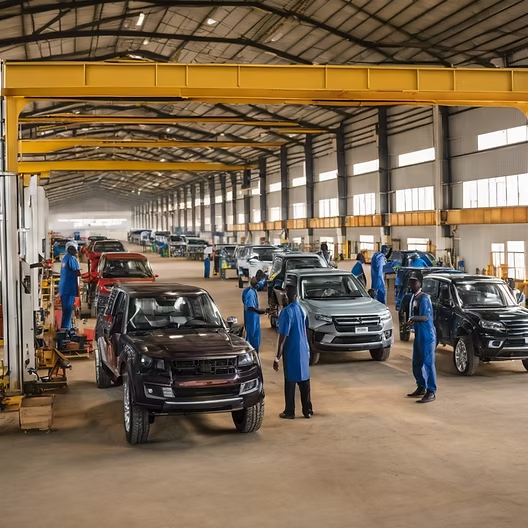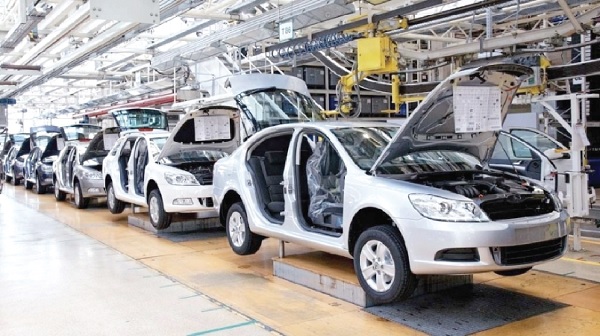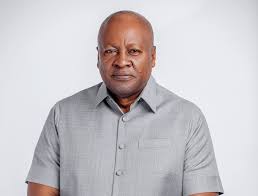Bright Simons, Vice President of IMANI Africa, has contended that while politicians frequently champion the idea of making Ghana an automotive hub, the dream remains unfulfilled largely because of the ongoing lack of a structured and practical policy framework.
He observed that national leaders often highlight ambitious goals without laying out the strategic steps needed to achieve them.
In Simons’ view, this persistent disconnect between aspiration and execution remains the primary obstacle preventing the realization of a genuinely Ghanaian-made car.
“I also often say that the HOWs are what define POLICY. Ghana wants to be an automotive powerhouse, but HOW should it go about it? Historically, automotive policy hasn’t been debated much. Not even by highly educated Ghanaians.
“The lack of national learning lays the ground for classic KATANOMICS: a yawning gap between the national political goal of the Ghana Car and the policy measures to get us to it.”
Bright Simons
Emphasizing the growing challenges, Simons pointed to the government’s current plan to review restrictions on second-hand car imports, a development he believes could further undermine the local automotive industry.
He recalled that earlier administrations had restricted second-hand vehicle imports to encourage the growth of domestic vehicle assembly operations. However, this policy has exposed significant shortcomings.
According to Simons, locally assembled vehicles remain an inadequate replacement for imported second-hand cars, primarily due to their higher costs and their inability to supply critical salvaged parts heavily relied upon across the country.

Simons presented troubling figures to emphasize the depth of the problem. Ghana imports approximately 100,000 vehicles annually, with fewer than 5,000 being brand new.
At one point, local assemblers supplied about 70% of these new vehicles, but that share has now fallen drastically.
“My information is that it is now less than 20%,” he noted, lamenting the lack of official monitoring and evaluation data to guide national policy decisions.
He observed that there are no official statistics or monitoring and evaluation reports available to support national learning, “and if they were, the likelihood of a serious debate would be very low.”
Botswana’s Model Challenges Ghana’s Car Dream
Bright Simons further raised concerns about whether vehicle assembly is the most effective approach for developing a strong automotive industry in Ghana.
He pointed to Botswana’s model as a persuasive example of a different path. Instead of prioritizing full car assembly, Botswana has focused on producing automotive components, successfully building an industry valued at $100 million.
Each year, the country exports around $12 million in automotive parts to South Africa. Notably, women make up more than 75% of Botswana’s automotive workforce, a figure that significantly surpasses the global average.

By contrast, Ghana spends millions each year importing automotive parts, including more than $6 million worth of brake components alone.
Meanwhile, Simons criticized the nation’s vehicle assembly sector, which imports nearly all inputs and, according to him, exploits government incentives.
“To get things going, very juicy tax and other incentives were given to assemblers. Some think that, for now, they just use the assembling channel as a duty-free market access strategy. Virtually all the cars come as chassis-mounted, near fully built.”
Bright Simons
Simons also pointed out that Ghana had initially aimed to shift towards completely knockdown (CKD) vehicle assembly, which involves importing vehicle parts for local assembly to boost domestic value addition.
However, he noted that this transition plan has suffered from neglect, with no structured oversight or accountability to ensure progress. According to Simons, vehicle assemblers themselves report that key government promises intended to support this shift remain unfulfilled.
He interpreted this as yet another example of how, without clear policy accountability, political leaders tend to favor symbolic gestures over the more demanding task of policy design, execution, and evaluation.
In the midst of this policy drift, the government is now consulting stakeholders on whether to lift the current restrictions on second-hand car imports.

According to Simons, “the Abossey Okai businessmen”—key players in Ghana’s automotive parts and repairs sector—are pushing for these regulations to be relaxed. “They are a political base. Their view matters,” he states bluntly.
Accordingly, Simons expressed skepticism about the nation’s current trajectory. He suggested that only the emergence of a dedicated automotive policy lobby could compel politicians to address the fundamental issues.
Until then, he warned, Ghanaians may continue to chase the dream of a Ghana car without a realistic plan to achieve it.
“Maybe, when an automotive POLICY lobby develops, someone with political power would bother answering some hard questions about where we are, how we got here, and how we get to wherever it is we want to go.”
Bright Simons
READ ALSO: AngloGold Ashanti Acquires Augusta Gold in $111M Deal



















